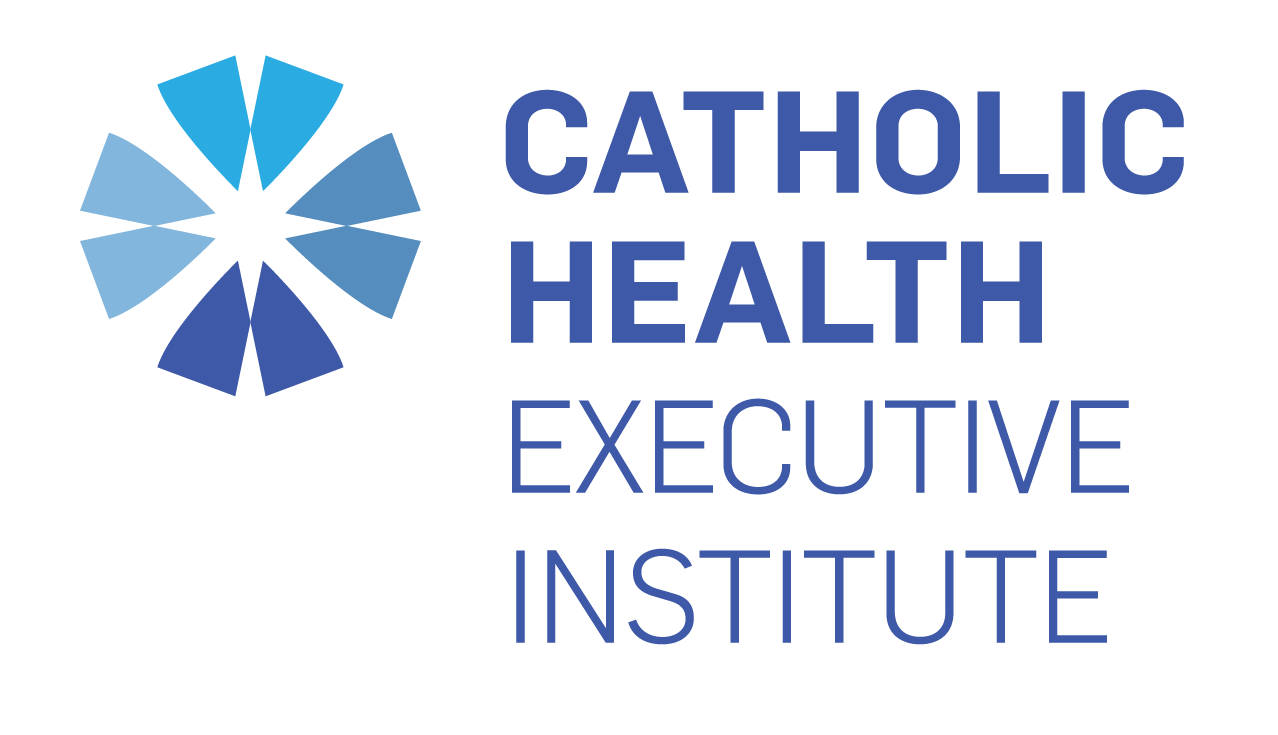SLU Department of Health Management and Policy Partners with Catholic Health Association for new Executive Institute
The Department of Health Management and Policy and the College for Public Health and Social Justice are partnering with Catholic Health Association (CHA) to help develop the next generation of leadership for Catholic health care in the U.S.
The Catholic Health Executive Institute (CHEI), a new program sponsored by CHA in partnership with Saint Louis University, will bring senior leaders from CHA-member health systems who are new to their positions together with experienced executives to discuss critical issues facing Catholic health care.

“This is an opportunity to bring senior leaders in Catholic health care who have tremendous gifts in operations, finance, technology, law, and other areas and to give them some additional grounding in mission fidelity,” said Assistant Professor of Health Management and Policy Michael Rozier, S.J., Ph.D, who serves as co-director of CHEI.
Many senior executives in Catholic health care now come from other-than-Catholic systems and move into senior leadership in Catholic health care with operational expertise but often without the formation associated with Catholic health care. CHEI aims to provide senior leaders with the knowledge they need to make decisions informed by the tradition of Catholic health care and a network of colleagues who can support them in the years to come.
CEOs from each Catholic system in the country were able to nominate a few senior leaders to participate in the program. A cohort of 30 participants from about a dozen systems started this November with the study of concepts foundational to Catholic health care, including the Scriptural tradition, history, and the organization of the Church. In February, all participants and faculty will gather in Dallas for three days of collaborative learning. The group will continue to convene for ongoing conversation on topics central to leading Catholic health care ministries.
Sr. Mary Haddad, RSM, President and CEO of Catholic Health Association, described CHEI as responding to a specific need within the ministry of Catholic health care.
“These promising leaders will need to drive innovation and quality in today’s turbulent business environment with a firm grounding in our mission to advance the well-being of our communities, especially those in greatest need. This unique combination of operational expertise and commitment to mission is essential for Catholic health care’s future,” Haddad said.
Topics covered during CHEI include: applying key concepts of Catholic social teachings to operational decisions and strategy; negotiating the complexity of financial viability and mission fidelity; working effectively with bishops, board of directors, and others involved in governance of Catholic health systems; hiring a leadership team and creating an effective organizational culture; and building a diverse and representative organization in Catholic health care.
“CHEI will bring together leaders with lived experience negotiating complex issues in the real world and sharing their successes and failures with the next generation. The sharing of that hard-won wisdom is an exciting part of this program,” Rozier said.
Seven CEOs of Catholic health systems as well as leaders from Catholic Charities USA and CHA will serve as faculty for initiative.
College for Public Health and Social Justice
The Saint Louis University College for Public Health and Social Justice is the only academic unit of its kind, studying social, environmental and physical influences that together determine the health and well-being of people and communities. It also is the only accredited school or college of public health among nearly 250 Catholic institutions of higher education in the United States.
Guided by a mission of social justice and focus on finding innovative and collaborative solutions for complex health problems, the College offers nationally recognized programs in public health, social work, health administration, applied behavior analysis, and criminology and criminal justice.